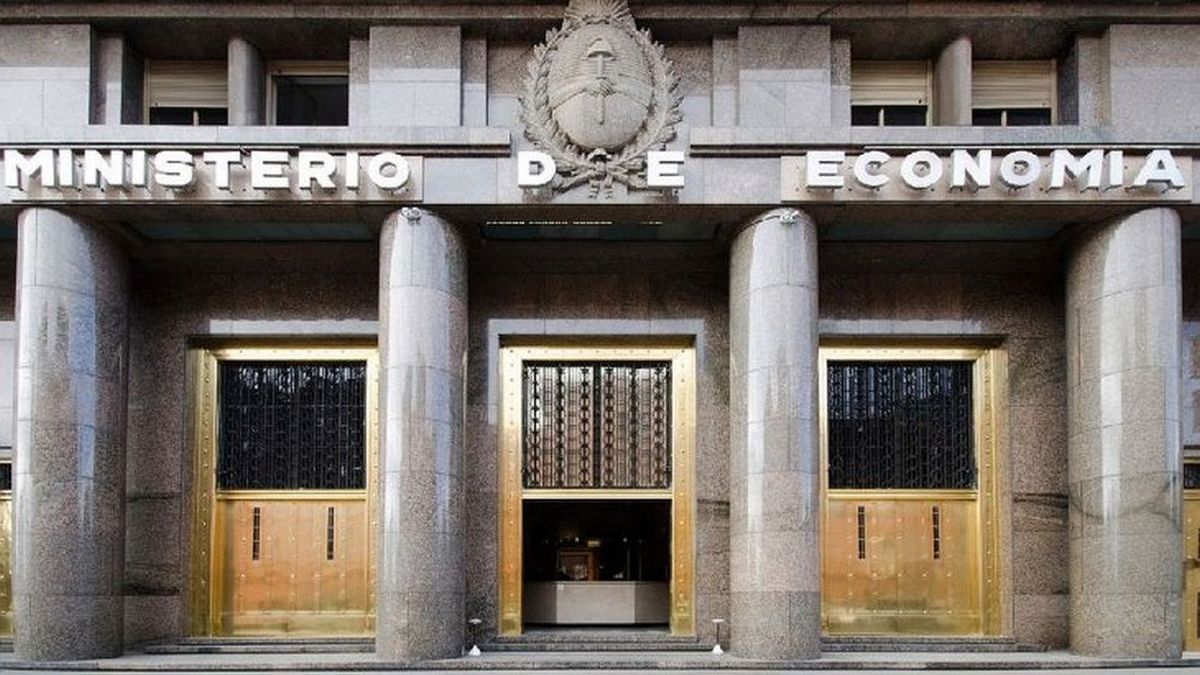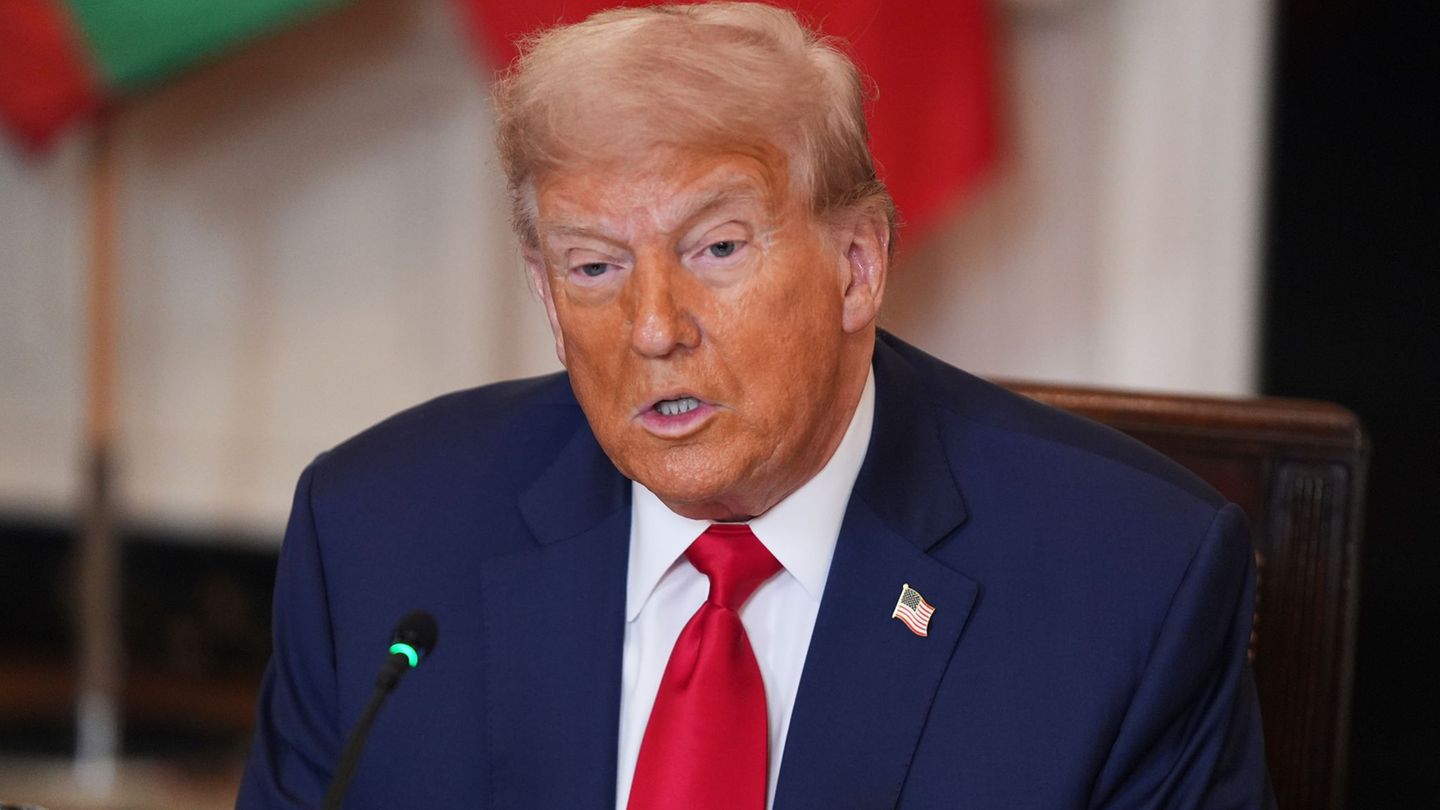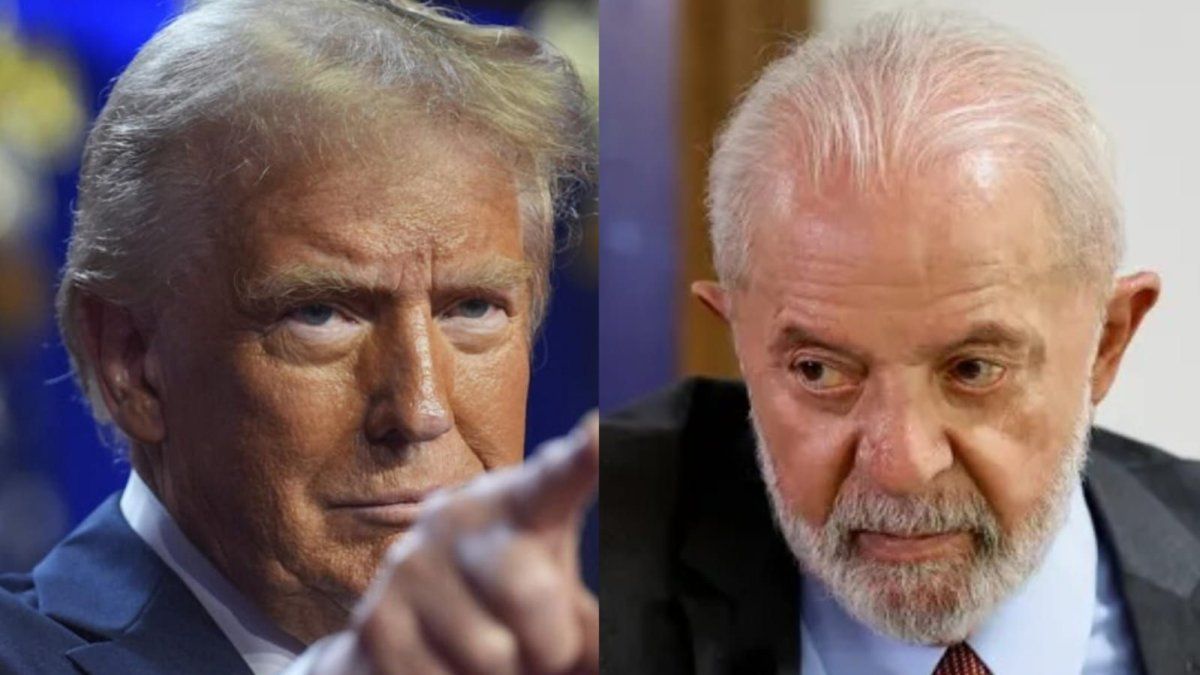The mayor of Canelones, Uruguay, Yamandú Orsi, highlighted in the Vatican the work done this week by a group of 50 mayors from Latin America with the Scholas Occurrentes Foundation and with Pope Francis in a seminar for which the community leaders were recognized as the first batch of graduates from the Laudato si’ environmental school.
“There are many similarities in terms of subnational government problems, which opens up opportunities for programs with young people. Climate change, migration problems, violence and organized crime, the lack of water, are all very similar issues that we have “, Orsi raised in an interview with Télam in the Vatican.
Orsi was in charge of presenting to the Pope the proposals made by the mayors of 17 countries in the region with their commitments to take positions towards “educational eco-cities”, hand in hand with a program of the Scholas Occurrentes Foundation and the Corporation Development Agency (CAF).
“When what to do is put on the table, the Pope, through Scholas and writings such as the encyclical Laudato si’, makes a landing that we need at the government level. Added to this is the commitment of organizations such as CAF to support networks of cities with ecological commitment”, emphasized Orsi, presidential candidate of the current opposition Broad Front for the Uruguayan general elections of 2024.
“We take away not only the catharsis of the problems but also some indication. We have to strengthen subnational ties with CAF, we have to find a way to generate projects that are financed at our level of government,” Orsi summed up.
Throughout the week, the community chiefs, including seven from Argentina, worked on environmental and social axes together with Vatican organizations and leaders such as the Nobel Peace Prize laureate Rigoberta Menchú.
“There were three days of agreements and alliances, from different political parties, countries and different origins. Not only are national borders erased, in the sense that the experiences shared between representatives of 17 Latin American countries were very similar, on issues such as drug trafficking , adolescent suicide, new problems with the environment,” he explained.
For Orsi, thus, “there is a new agenda with feet firmly planted on the ground, with Francisco’s commitment to refine his aim on these issues. And there is no chance that these issues will become ideological, because at the subnational government level we we all get tough with environmental and other issues”.
According to the Uruguayan mayor, “it is a matter of translating these broad guidelines of the encyclicals into public policies, with the addition of delving into the issues of education in values.”
“Ultimately, a large part of the problems we have are civilizational rather than regional or continental. A civilization that is entering a crisis due to the way it consumes, due to individualism, due to fast life, due to easy success, hence material achievements are linked to crime,” he analyzed.
For Orsi, who attended the meeting together with a mayoress from the ruling National Party, “there is an issue of education, of family crises and to which the national State does not always provide answers.”
“What remains is the local government, which is close,” he stressed.
In view of the joint work of the mayors supported by CAF and Scholas and with the endorsement of the Pope, Orsi considered that “at least some policies must be integrated at the regional level regarding these issues.”
“Since everything cannot be done, we do not have to fall into the simplification that integration has to be commercial. There is a migration problem in Latin America, we have to think about how to facilitate the arrival, the coexistence with the arrivals. It is something that It’s going to keep happening. It’s not going to stop,” he said.
In this sense, he stated that “it is easier to pass a million dollars through a border than the migration of a person.”
For the mayor of the coastal department of Uruguay, “another key issue is that we Latin Americans understand that we are all Amazonian and Andean and that we depend on that lung that must be taken care of because the repercussions of what happens there reach all of us.”
Source: Ambito




